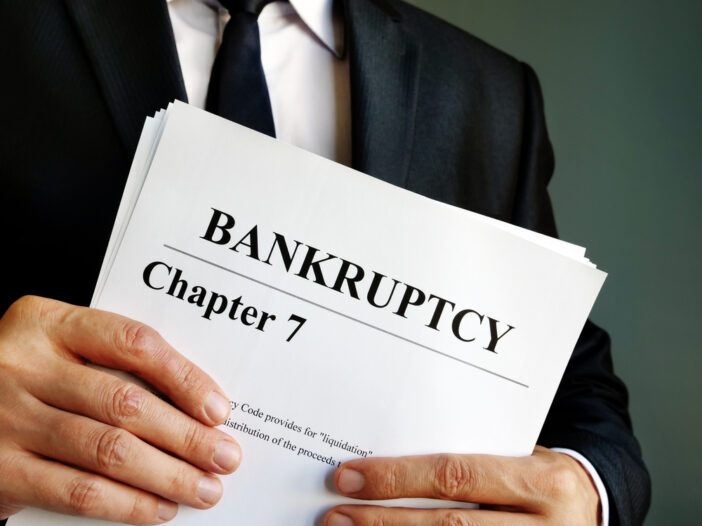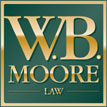
Chapter 7 Bankruptcy Lawyer
Bankruptcy is an option for those who have too much debts and don’t see themselves being able to pay them off at any time in the near future. Filing for bankruptcy can be a useful option for those who need serious restart to their financial situation. To find out if bankruptcy protection is something that could be right for you, it’s important to gear yourself with as much information about the process as possible so that you are helping and not hindering your path. If you have further questions, consider speaking with a lawyer, similar to the team from Therman Law Offices, LTD for further guidance.
Bankruptcy is the legal process of helping an individual or business that is unable to pay their debts. A creditor is an entity that the debtor owes money to. A debtor is an individual or business that owes a creditor money, which may be called an issuer if the debt is related to securities. A discharge is a release of the individual’s or business liability for certain outstanding debts. A lien is a claim to obtain, hold, or sell property of the debtor as a form of payment to their debts.
Through Chapter 7 bankruptcy, approved debts get eradicated and secured debts may get discharged if property is given up to pay it. Under Chapter 13 bankruptcy, unsecured debts can be discharged after the debtor has committed to a repayment plan over the duration of about 3-5 years. However, bankruptcy does not eliminate all debts. Debts that rarely get discharged from bankruptcy include intentional and malicious injury caused to another person, child support or alimony, student loans, injury or death caused by drunk driving, income taxes, and debts that were not listed in the bankruptcy filing.
If you file for Chapter 7, which is the most common form of bankruptcy applied for, then you may have to pay your creditors with funds from asset liquidation or forfeit assets that will be sold for cash. There are assets, such as household items, cash, and clothing, that you may be allowed to keep. But the exceptions for assets you can keep will depend on the bankruptcy case and state law. After assets get liquidated and creditors receive payment, remaining debts are forgiven, unless a debt is reaffirmed. With debt reaffirmation, you voluntarily agree to remain responsible for a debt and waive your protection from creditors.
As a chapter 7 bankruptcy lawyer explains, one benefit that appeals to many people considering bankruptcy is the fact that an automatic stay immediately gets enforced, meaning that debtors can no longer pursue their claims against you. Creditors have to halt collection attempts for the money owed. Debtors cannot repossess a vehicle, contact you to collect debts, or foreclose on your home. The bankruptcy case will be overseen by a bankruptcy trustee, who will send notices to creditors for you and schedule a hearing. After that, the rest of the process depends on whether you filed for Chapter 13 or Chapter 7 bankruptcy protection.
